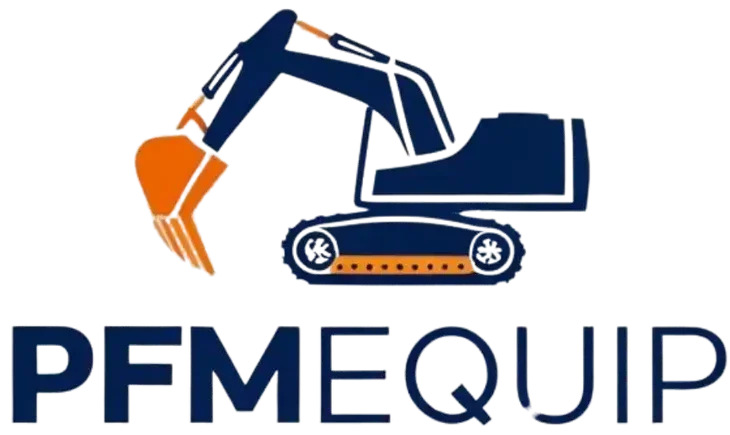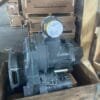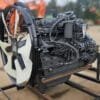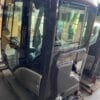Renting vs. Buying Construction Equipment: Which Option is More Advantageous?
Advantages of Renting Construction Equipment
- Lower Initial Costs When compared to buying, renting equipment requires a substantially smaller upfront investment. This enables businesses, particularly those with limited capital, to more effectively allocate their financial resources.
- Flexibility Renting gives you the freedom to select various kinds of equipment for various tasks. Renting a specific machine eliminates the hassle of ownership and upkeep if it is only needed temporarily.
- Reduced Maintenance and Repair Costs The rental company usually handles maintenance and repairs, which lowers unexpected fees and downtime. For businesses trying to avoid the trouble of equipment maintenance, this can be a huge benefit.
- Access to the Latest Technology Renters can access the newest models and advanced features without having to pay the heavy price tag of buying new equipment thanks to rental companies’ regular fleet updates.
- No Depreciation Worries Over time, construction equipment loses value. Renting makes financial decisions more predictable because it removes worries about depreciation and resale value.
Advantages of Buying Construction Equipment
- Long-Term Cost Savings Even though the initial outlay is substantial, owning equipment can end up being more economical in the long run, particularly for companies that regularly use the same machinery. The cost of leasing can eventually exceed the cost of buying.
- Full Control Over Equipment Businesses that own machinery have total control over its availability, modification, and usage. The equipment is always available for use when needed, and rental periods are not restricted.
- Increased Asset Value Purchased equipment adds to the overall value of the business and turns into an asset. It can also be sold if it is kept up properly, giving owners the opportunity to retrieve a portion of their original investment.
- Tax Benefits Businesses can greatly reduce expenses by utilizing tax deductions and depreciation benefits on buying machinery in many areas.
- Better for Long-Term Projects Purchasing is frequently the better choice if a business needs a specific kind of equipment on a regular basis. Ownership of an equipment becomes more cost-effective the longer it is used.
Which Option is Right for You?
The decision to rent or buy depends on various factors:
- Project Duration: Renting is typically a better option for temporary or one-time projects. Buying might be more cost-effective for frequent and prolonged use.
- Financial Capacity: While financially stable businesses may benefit from ownership, companies with limited capital may find renting to be a more feasible option.
- Usage Frequency: Purchasing is frequently the more economical option if a machine is used on a daily basis. Renting is better for infrequent use.
- Maintenance Resources: Companies that can manage upkeep and repairs might want to buy, while those that don’t want to take on these duties might prefer to rent.
Conclusion
There are benefits to both purchasing and renting construction equipment. Renting is the best option for short-term projects because it offers flexibility, reduced upfront costs, and access to the newest technology. Purchasing, on the other hand, is a better option for frequent and prolonged use because it provides long-term savings, control, and asset ownership. Making the best choice for your business requires carefully weighing your financial status, project demands, and business needs.



